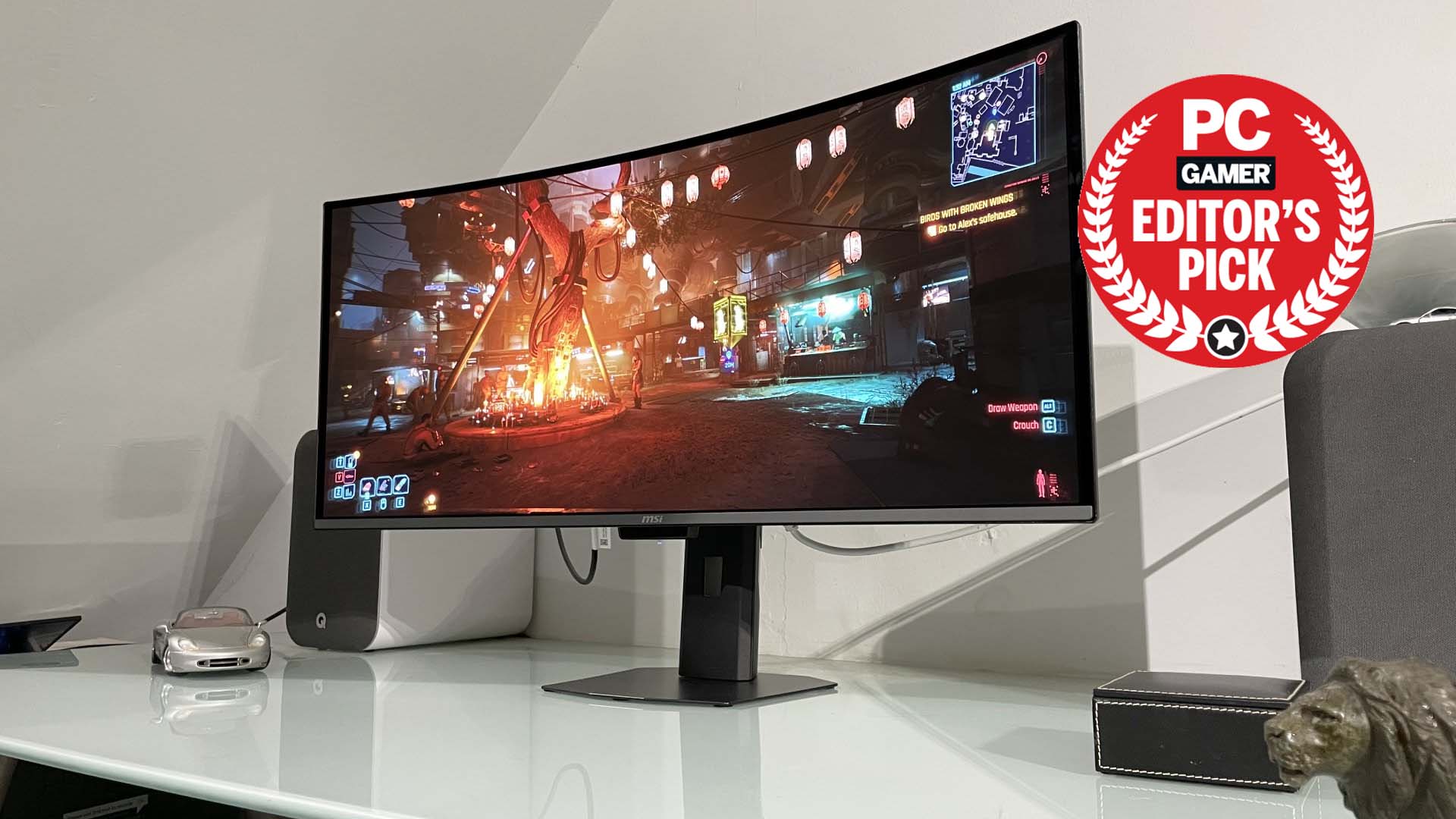Activision-Blizzard lawsuits in chaos as federal agency accuses California's DFEH of ethics violations
This is gonna get ugly.
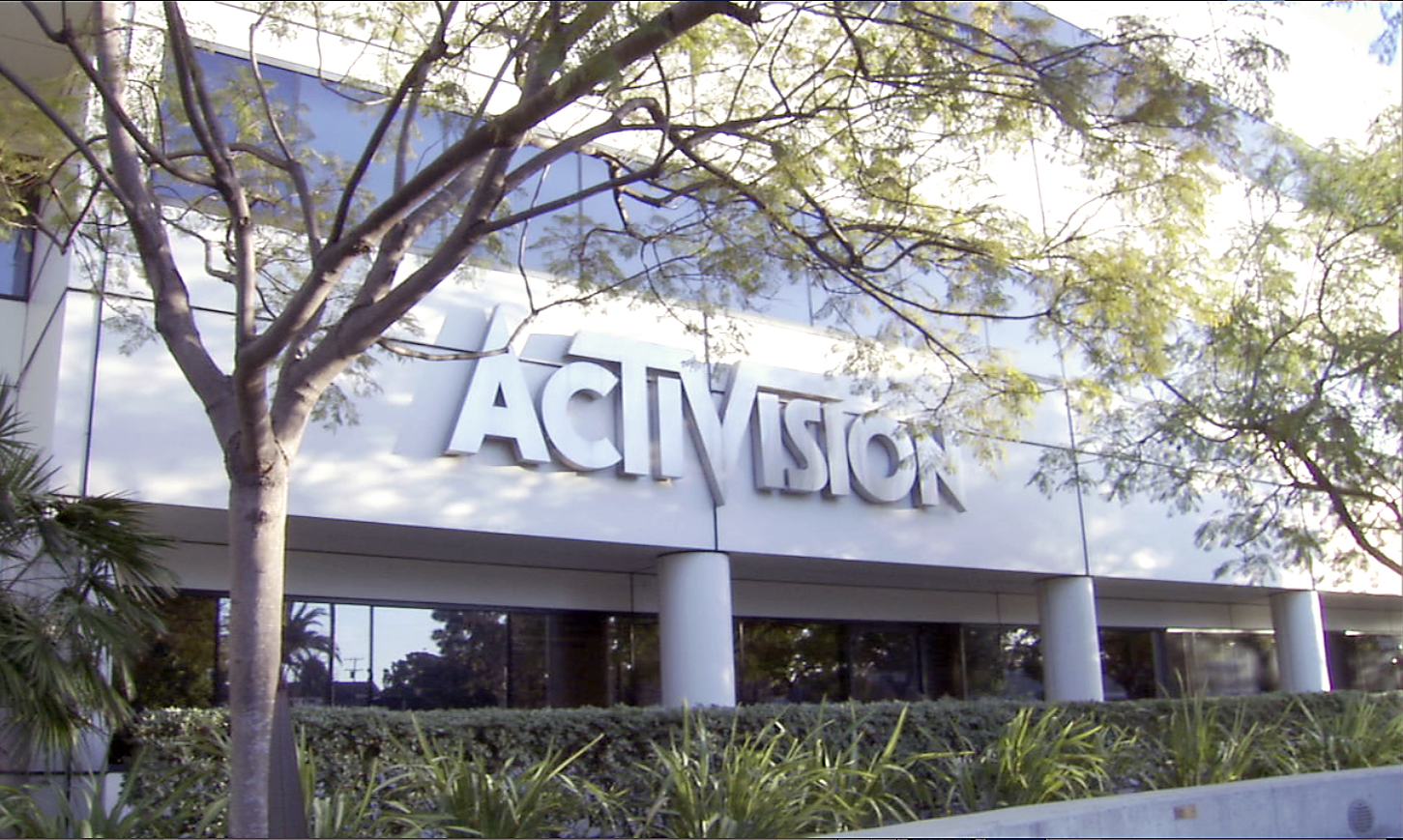
Activision Blizzard is currently facing a lawsuit in the state of California, brought by the Department for Employment and Housing (DFEH). The suit alleges that Activision Blizzard is a company rife with discrimination, sexual harassment, and a 'frat boy' culture—claims that Activision Blizzard deny. CEO Bobby Kotick says "people will be held responsible for their actions" and, around a fortnight ago, we discovered Activision Blizzard had also been in talks about a separate lawsuit being brought by the Equal Employment Opportunity Commission (EEOC), and had agreed to settle for $18 million.
The DFEH last week filed an objection to this settlement, arguing that it would lead to the "effective destruction" of evidence critical to its case and cause "irreparable harm" to its own lawsuit. One important fact: The DFEH is a state department of California, whereas the EEOC is a US federal agency. The DFEH's objection reads, in part:
"The proposed consent decree also contains provisions sanctioning the effective destruction and/or tampering of evidence critical to the DFEH's case, such as personnel files and other documents referencing sexual harassment, retaliation and discrimination."
The DFEH is basically saying that information potentially relevant to its own case could be sealed by the conditions of the settlement, and wants the time to make a fuller case to the court about why this is so.
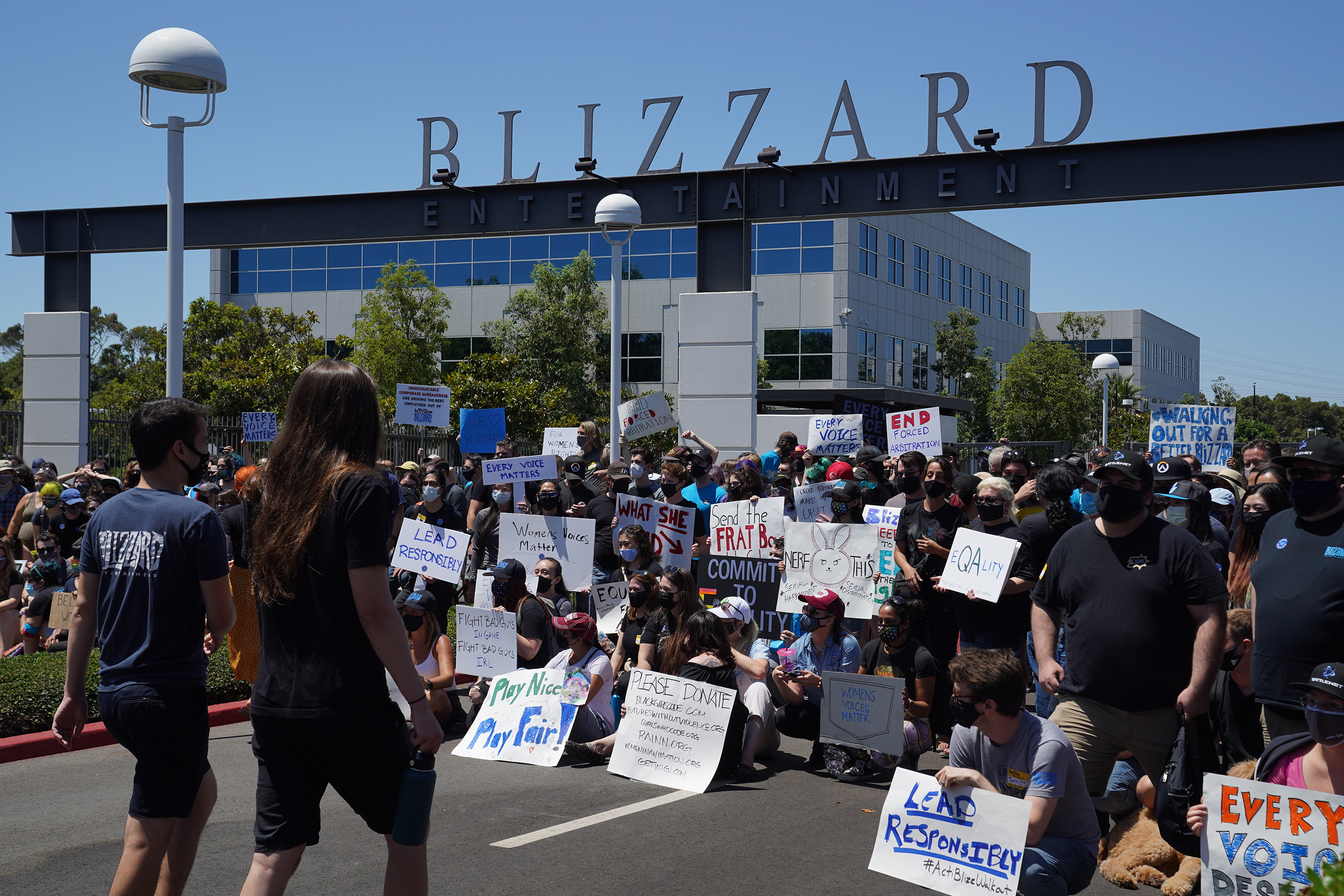
Following this, the EEOC quickly responded with a memorandum of points opposing the DFEH's appeal that contain one pretty legally stunning revelation that leaves the case looking like it's going to become an enormous mess.
The long and short is that the DFEH case has been led by two lawyers who previously worked for the EEOC, and while working for the EEOC they investigated Activision Blizzard in relation to the claims that have led to the settlement. The settlement that they are now objecting to.
If true this would be a conflict of interest, a breach of professional ethics, and a violation of Californian law on the conduct of attorneys. Per the memorandum:
Keep up to date with the most important stories and the best deals, as picked by the PC Gamer team.
"Specifically, two DFEH attorneys—who play leadership roles within the organization—previously served as EEOC who helped to direct the EEOC's investigation into Commissioner's Charge No. 480-2018-05212 against Activision Blizzard, Inc. These same attorneys then proceeded to represent DFEH in connection with these intervention proceedings, which seek to oppose the consent decree that arose out of the very investigation they helped to direct while at the EEOC."
This is a breach of the California Rule of Professional Conduct, and the EEOC claims it applies to all of the DFEH's attorneys on the case. Making matters worse is that the DFEH seems to have belatedly realised this itself, and tried to fudge its way out in some unconvincing ways. The EEOC's memorandum claims that it basically hired new lawyers then, a few hours later, served an appeal that clearly must have had involvement from the two lawyers in question.
"After being informed of this conflict, DFEH retained new counsel but appears to have filed the present intervention motion just hours after this counsel was retained, strongly suggesting that the motion is a product of the prohibited representation. For this reason, the intervention motion should be disallowed and DFEH attorneys should be barred from providing work product to, or advising, new counsel in connection with these intervention proceedings."
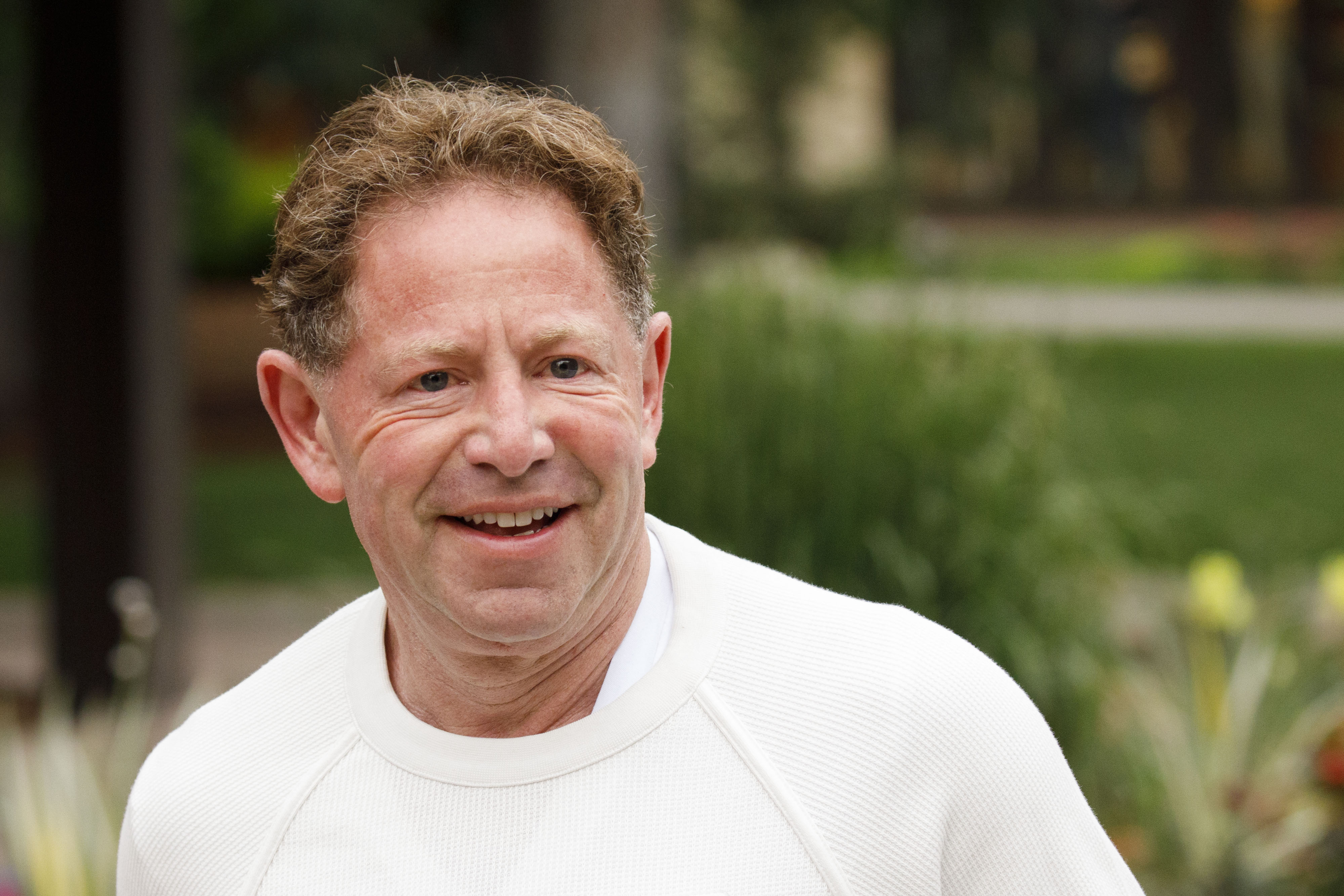
The two lawyers in question had been directly confronted by the EEOC about this conflict of interest prior to these latest legal documents. When this happened, the lawyers simply left the call: "DFEH Attorney 2 began to speak regarding the merits of the intervention motion, but Ms. Park reiterated EEOC's objections regarding the conflict-of-interest rules [...] After EEOC counsel continued to voice objections to discussing the merits of the case with DFEH attorneys, Ms. Wipper and DFEH Attorneys 1 and 2 disconnected from the call."
OK, so we have a potential ethics violation. What are the consequences? The EEOC says that not only were the two attorneys substantially involved in the case but, as they were directing other DFEH solicitors, the DFEH's entire legal department should be barred from taking this objection forward:
"There can be no claim that there was timely 'isolation of [these] lawyer[s] from any participation' in representing DFEH in connection with the intervention proceedings, as would be necessary to show that timely screening took place. Thus, all DFEH attorneys were and should remain barred from representing DFEH in this matter."
It goes on to say that the work done so far by the DFEH is now "a product of prohibited representation and should bar DFEH attorneys from providing work product or advice to current counsel relating to these proceedings". So the current DFEH appeal against the EEOC's settlement with Activision Blizzard should be thrown out and, if the DFEH wants to continue to object, its new lawyers should not have access to it.
Elements of the memorandum are redacted in the public release, and in particular some of the detail of the confidential information that both lawyers were apparently privy to at the EEOC. It is abundantly clear that the EEOC is not playing here, and that the DFEH is going to have a seriously hard time not only continuing with this appeal but keeping this revelation away from its own lawsuit. The usual legal provisos apply: this is what one side claims; the court could surprise us all; the DFEH may well come back with an unexpected counter-argument.
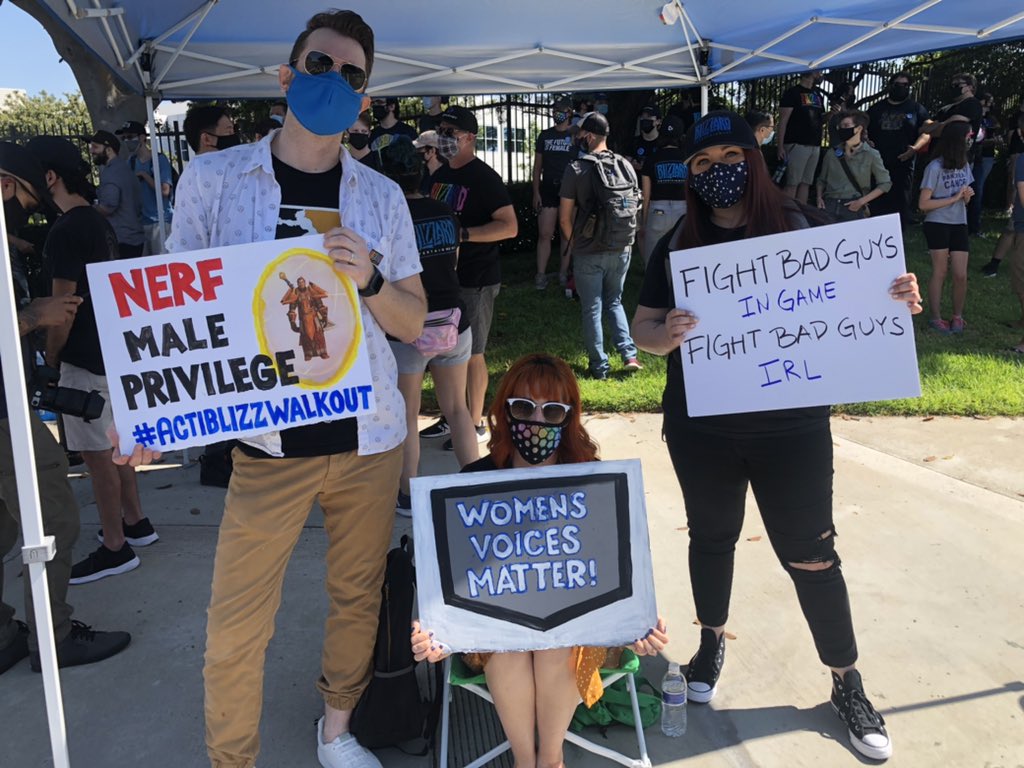
If you want the instant reaction from someone who knows what he's talking about, Andrew Torrez is a Harvard-educated lawyer who runs the Opening Arguments podcast. He wrote the following thread about this memorandum:
"The EEOC, understandably, freaked out [about the two lawyers]. DFEH quickly engaged outside counsel and put new folks in charge of the intervention, but if the facts are as they appear, the *entire* DFEH investigation may violate Rule 1.11(a)(2) of Calif. Rules of Prof Conduct which explicitly prohibit former governmental employees from "represent[ing] a client in connection with a matter in which the lawyer participated personally and substantially as a public official or employee" without prior written consent which apparently didn't happen. If DFEH just *failed to screen* the former EEOC lawyers, it's in trouble. But if it let those lawyers RUN THE INVESTIGATION OF ACTIVISION without permission from the EEOC, things are going to get very ugly. Can't wait to see DFEH's side!"
The attorney Richard Hoeg called this development "a pretty massive thing, and if true would call into question large portions of the DFEH process (certainly as against the EEOC directly). It might even provide Activision with its own defense to the original suit. Stay tuned."
So: not looking good for the DFEH. The EEOC's suit ends by emphasising that the alleged ethical breach is not merely theoretical but, in this case, directly relates to the different players at hand.
"The need for a robust protective remedy is especially great given the unique circumstances of this case, where two former EEOC attorneys intimately involved in investigating charges against Activision while at the EEOC now seek to oppose the consent decree that is the culmination of that very investigation."
The biggest question? Does this just kneecap the DFEH's objection to the EEOC's settlement or, as Hoeg suggests, will it somehow become a part of Activision's defense against the DFEH in the original lawsuit.
Either way it is absolutely stunning that the DFEH appears to have, unwittingly or no, made such a basic legal error—the two attorneys in question could, in theory, have declared the conflict from the start and sought permission to work on the DFEH case regardless, which would have headed all this off. They apparently didn't. So this feels like it could be a gift for Activision Blizzard's lawyers in the ongoing DFEH case, as well as a big legal mess.

Rich is a games journalist with 15 years' experience, beginning his career on Edge magazine before working for a wide range of outlets, including Ars Technica, Eurogamer, GamesRadar+, Gamespot, the Guardian, IGN, the New Statesman, Polygon, and Vice. He was the editor of Kotaku UK, the UK arm of Kotaku, for three years before joining PC Gamer. He is the author of a Brief History of Video Games, a full history of the medium, which the Midwest Book Review described as "[a] must-read for serious minded game historians and curious video game connoisseurs alike."

